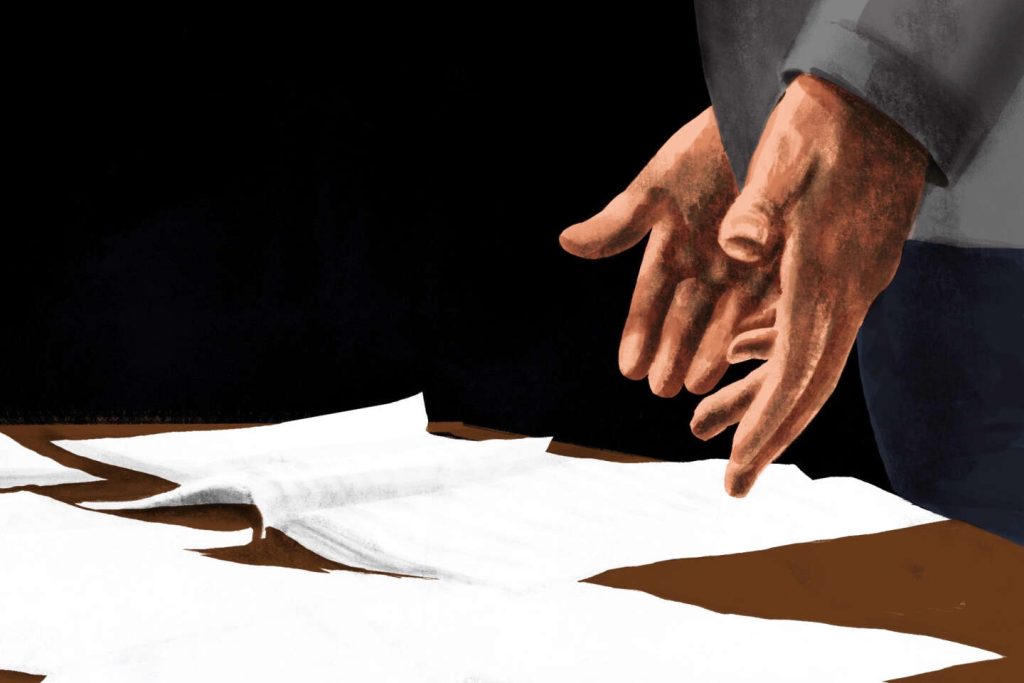Two activists from the Basque civil society, Jean-Noël Etcheverry and Béatrice Molle, recently stood trial for their actions of attempting to disarm the Basque armed independence organization ETA in Louhossoa on December 16, 2016. The question at the heart of the trial revolves around whether their intentions to bring about peace justify their use of illegal means. The defense argues that committing a good deed through illegal methods should not warrant punishment, while the prosecution questions whether striking a deal with a terrorist organization ultimately serves to further their goals. The trial has highlighted the complex interplay between law, justice, and morality, as the two activists find themselves at odds with the legal system due to their actions.
During the trial at the anti-terrorism court in Paris, the National Anti-Terrorism Prosecutor has called for suspended prison sentences of two years for Etcheverry and one year for Molle, along with a five-year prohibition on possessing weapons. Despite the severity of the charges, the prosecutor emphasized that the requested sentences were quite lenient. The prosecution’s case rests on the fact that the weapons seized from Molle’s home were intended for neutralization, but the nature of the organization they were associated with – ETA – is deemed to be dangerous and terrorist. The prosecution argues that merely associating oneself with such an organization is sufficient to be considered guilty of a crime.
The defense, on the other hand, argues that the actions of Etcheverry and Molle were motivated by their desire to pursue peace and disarm a group responsible for violence and bloodshed. They posit that the end goal of disarming ETA justifies the means used to achieve it, even if those means involved breaking the law. The defense seeks to highlight the moral dimension of the activists’ actions, emphasizing that their intentions were noble and rooted in a desire to end violence and promote peace in the Basque region. This moral argument forms a central part of the defense strategy throughout the trial.
The trial raises difficult questions around the intersections of law, justice, and morality, particularly in the context of struggles for peace and justice in regions plagued by conflict. The judge and jury are tasked with weighing the legal implications of the activists’ actions against the moral imperative to seek peace and reconciliation in a region marked by decades of violence and unrest. The trial serves as a microcosm of broader debates around the role of civil disobedience, the limits of legality in the pursuit of justice, and the complexities of navigating ethical dilemmas in pursuit of noble causes.
As the trial unfolds, the activists find themselves at the center of a larger debate about the efficacy of nonviolent means in resolving conflicts and the challenges faced by those who seek to work outside the bounds of legal frameworks to bring about change. Their actions, while well-intentioned, have led them into the crosshairs of legal authorities who must grapple with the competing demands of justice, security, and peace. The outcome of the trial will have far-reaching implications for the activists, the Basque region, and broader discussions around the ethics of activism and the pursuit of peace in conflict-ridden regions.


